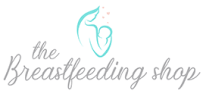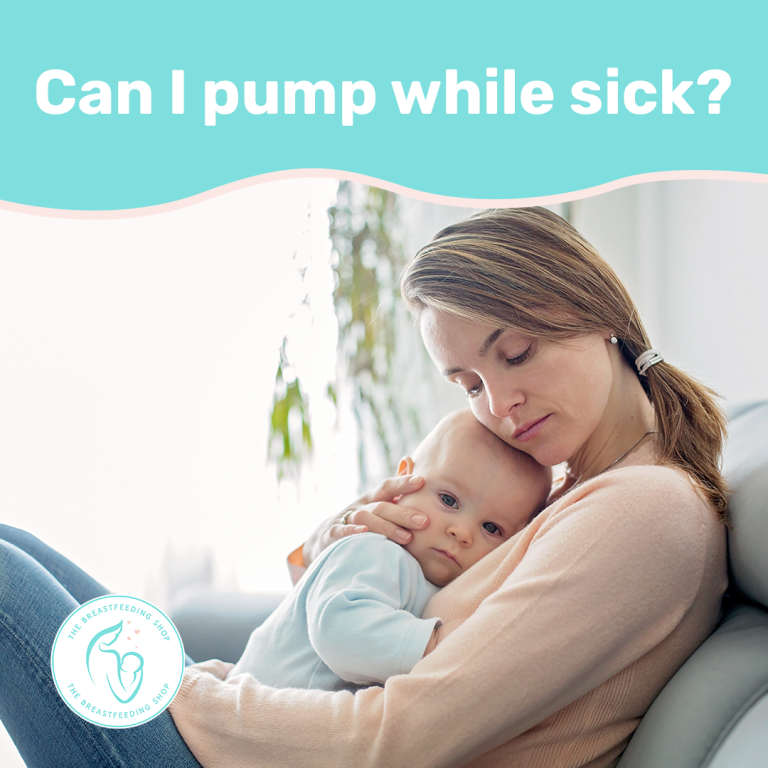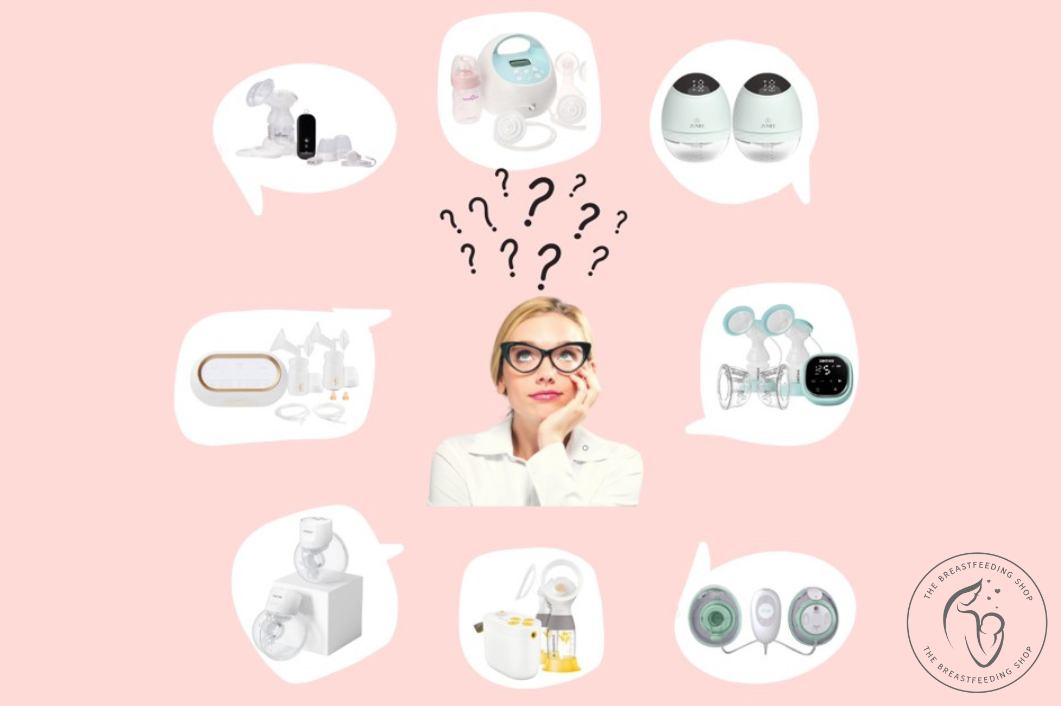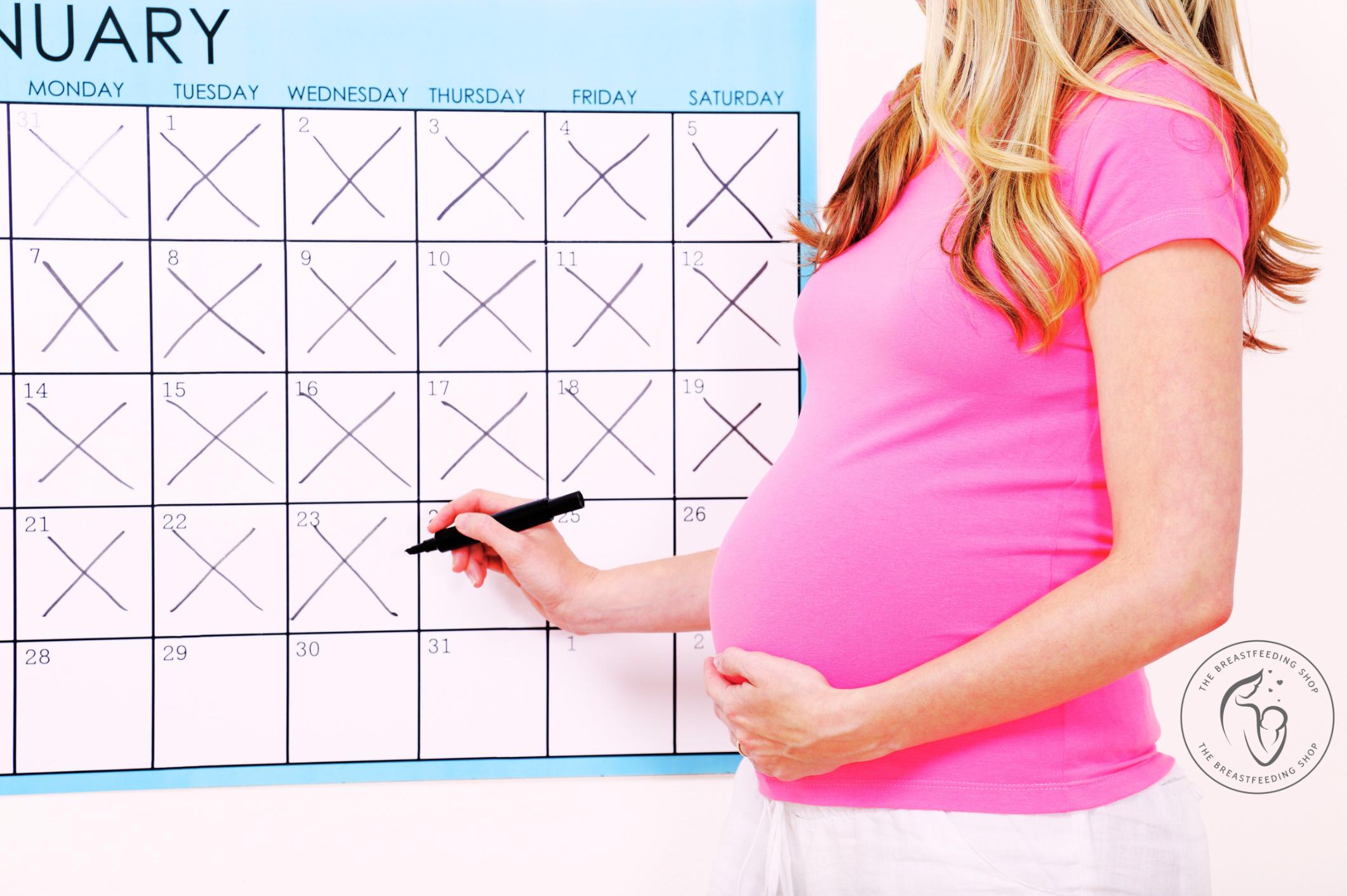With cold and flu season in full swing, you may be worried about passing an illness down to your baby through your breast milk. Keeping your child healthy and fed is of the utmost importance, but how can you do that if you’re feeling under the weather? No need to panic! You won’t need to waste your milk supply if you are sick.
Staying clean and making sure you wash your hands for 20 seconds with soap and water before breastfeeding or pumping is a good rule of thumb despite any illness. If you are feeling sick, repeat this process anytime you sneeze or cough, or are about to touch your child.
There is no evidence that the flu or COVID-19 virus can be passed down to your child through breast milk. The viruses are transmitted person-to-person via respiratory droplets when people cough, sneeze, or talk. If you have been exposed, it is best to wear a mask near your baby and keep up with proper cleaning of your hands and pump accessories. If possible, have a healthy caregiver administer your expressed milk to the child.
Even if you are ill, breast milk contains important antibodies that will strengthen your child’s immune system. It is important to continue to pump and breastfeed while you’re under the weather to provide your child with nutrition. Likewise, if your infant is ill, it is important to continue with feedings to keep them hydrated.
Most medications are considered safe with breastfeeding but it is always a good idea to check with your physician or baby’s pediatrician to make sure the medication(s) you are planning to take will not interfere with breastfeeding. The app MommyMeds can also be a great resource. Generally speaking, over-the-counter medications, such as ibuprofen (Advil, Motrin) and acetaminophen (Tylenol) are considered safe in lactation, but aspirin should be avoided by the lactating parent. Most cough drops are considered safe for breastfeeding parents. Certain decongestants, such as Sudafed, are safe to use in lactation but may decrease your milk supply, so if you are already struggling with supply, it may be best to avoid the decongestants and utilize saline nasal spray and a neti pot to help clear your nasal congestion. Always remember the best prescription to get well and keep a good milk supply is to stay well hydrated and nourished throughout your illness and continue to feed/pump on a similar schedule as you had been to protect your milk supply.
Governing bodies of healthcare, such as the American College of Obstetrics and Gynecology (ACOG), the American Academy of Pediatrics (AAPP and the Academy of Breastfeeding Medicine (ABM) recommend pregnant or nursing mothers to stay up-to-date on vaccinations for the flu and COVID-19. Vaccinations are safe for these women, and other caregivers and infants over 6 months are encouraged to get the shot as well. Mothers who get the vaccines can pass antibodies down through their milk to their child to help build their immune system.
Everyday preventative measures like staying clean and keeping a distance from others will help you and baby stay healthy. Always contact your medical provider with any questions or concerns, or talk to us virtually for breastfeeding support, thebreastfeedingshop.com/





